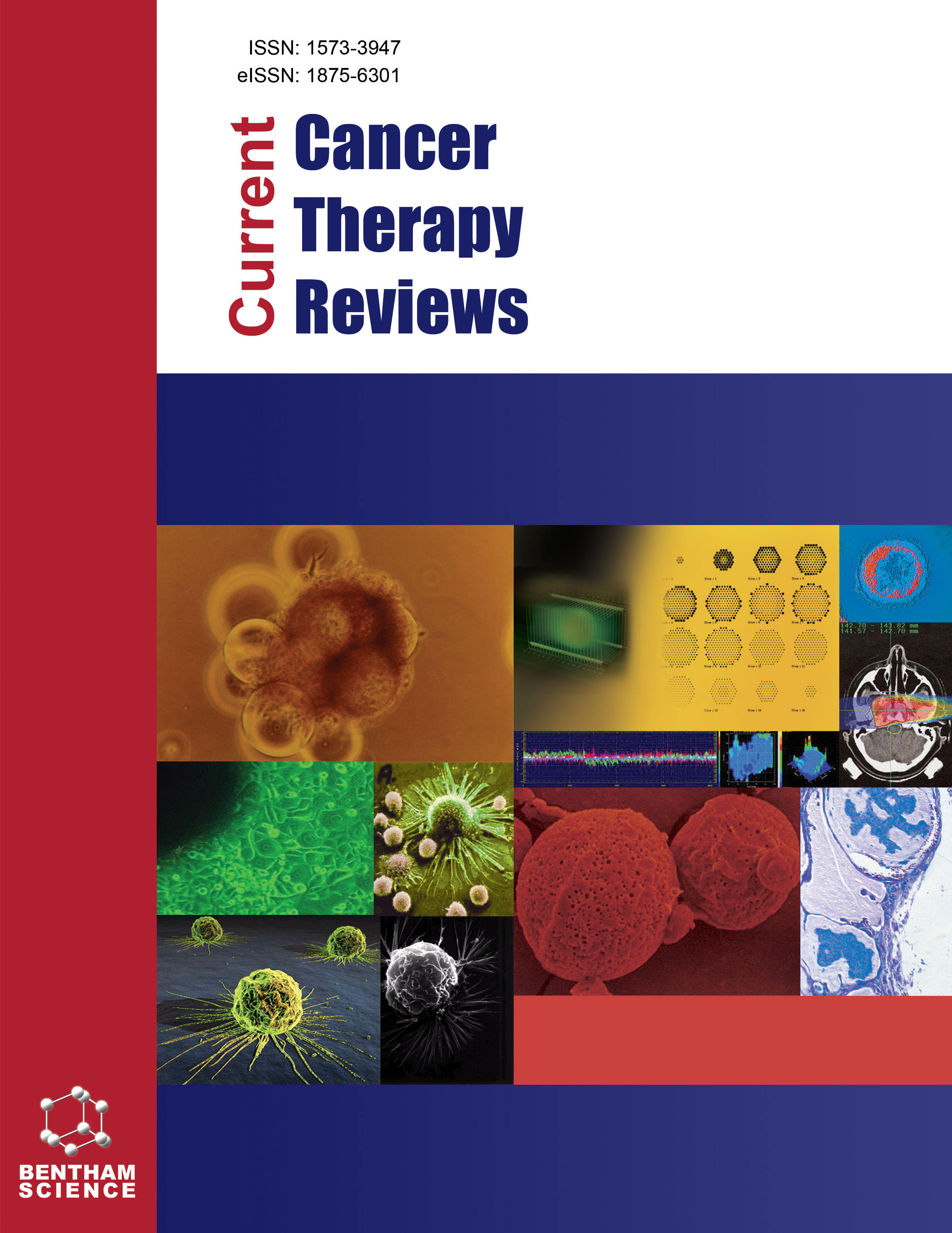
Full text loading...

Benign Prostatic Hyperplasia (BPH) is a common urological condition affecting aging men, characterized by prostate gland enlargement and lower urinary tract symptoms. This review aims to explore the causes, diagnosis, and treatment strategies for BPH, focusing on both conventional medicine and alternative therapies, particularly those from Ayurveda and Homeopathy.
A comprehensive literature review was conducted using databases such as PubMed, Google Scholar, and ScienceDirect. The study adopted a multidisciplinary approach to assess genetic, hormonal, and environmental contributors to BPH. Conventional treatment modalities, including pharmacological and surgical interventions, were analysed alongside their limitations. The pharmacological potential of medicinal plants traditionally used in Ayurveda and Homeopathy was examined, focusing on their bioactive compounds and mechanisms of action.
Findings highlight the growing interest in plant-based therapies due to their favorable safety profiles and potential multi-targeted mechanisms. Several medicinal plants, such as Serenoa repens, Withania somnifera, and Urtica dioica, demonstrate anti-inflammatory, anti-androgenic, and antioxidant activities beneficial in BPH management. The review underscores the therapeutic value of integrating phytotherapy with conventional care to enhance treatment efficacy and patient outcomes.
Bridging traditional knowledge systems with evidence-based research may offer novel insights into BPH therapy. While challenges persist in standardizing herbal formulations and conducting rigorous clinical trials, preliminary findings are encouraging.
Integrating traditional medicinal knowledge with modern scientific validation may lead to safe, effective, and innovative therapies for BPH, ultimately improving the quality of life for affected individuals.

Article metrics loading...

Full text loading...
References


Data & Media loading...